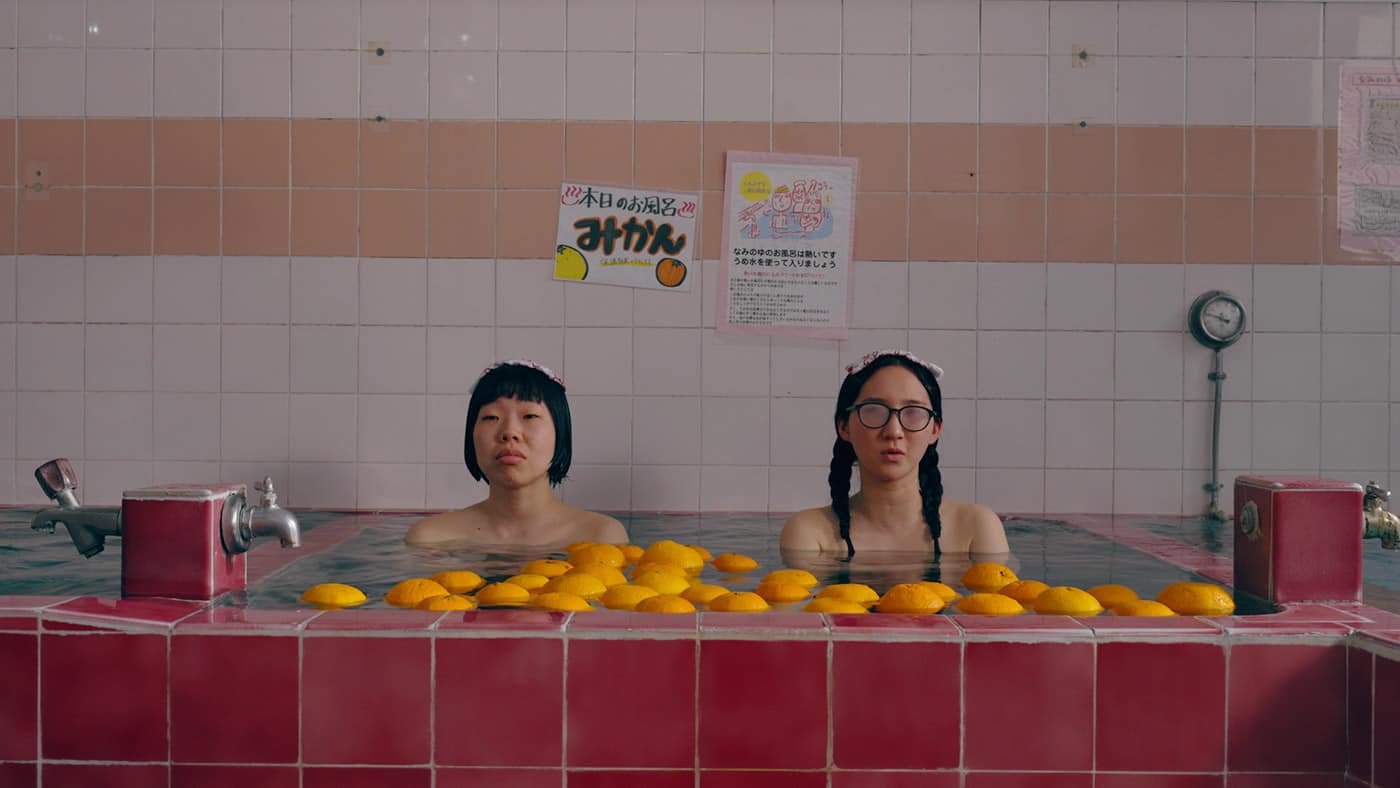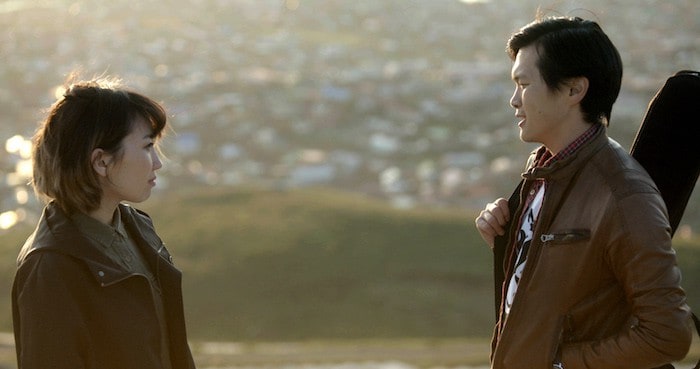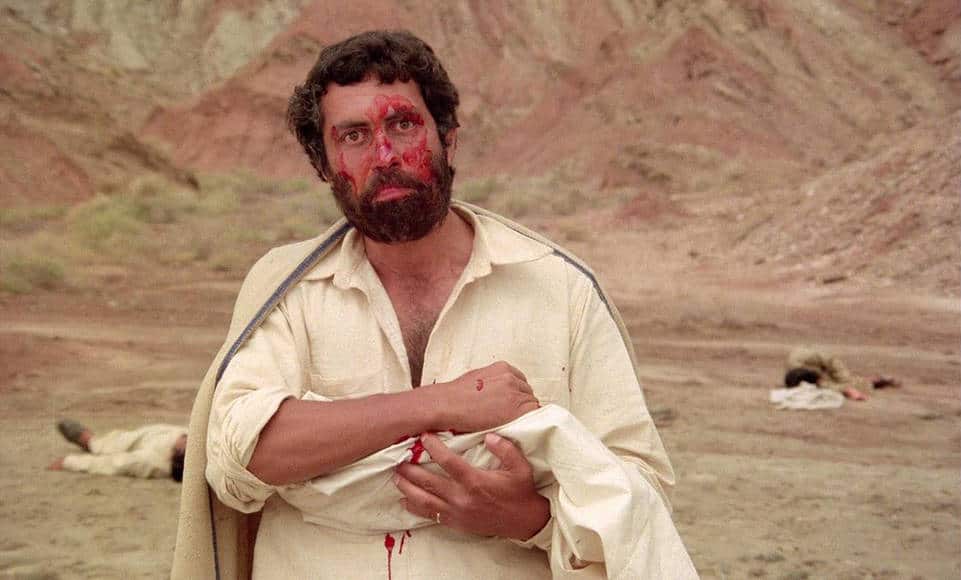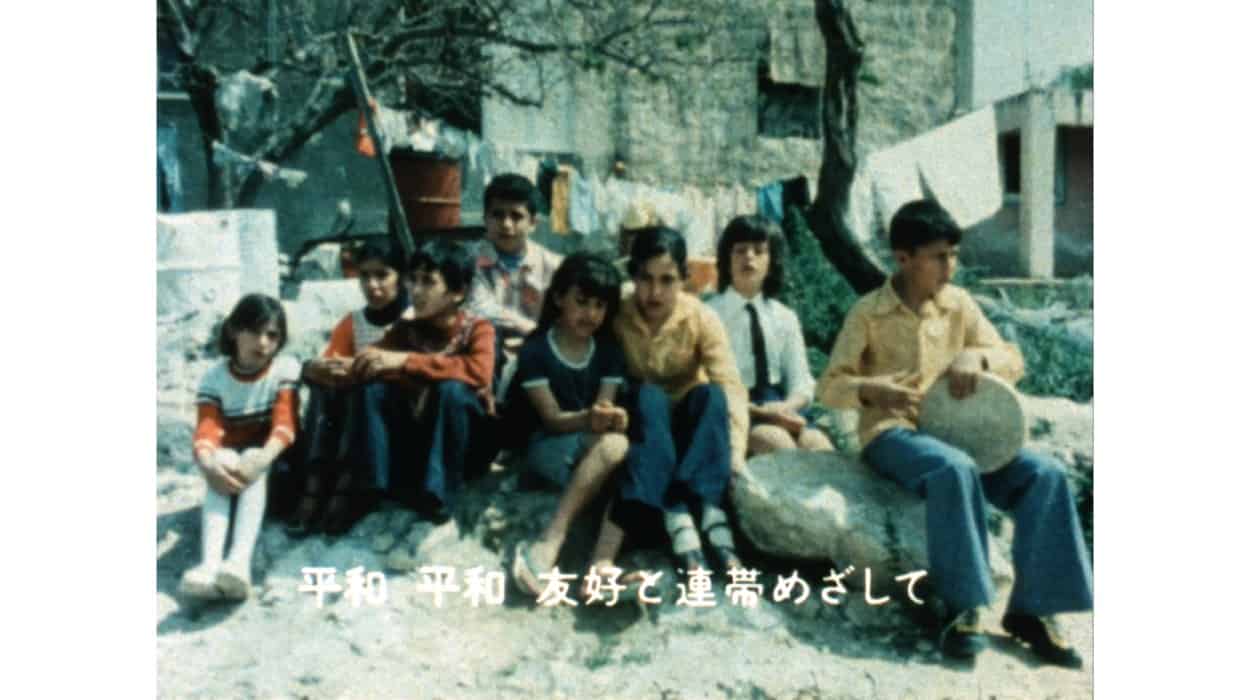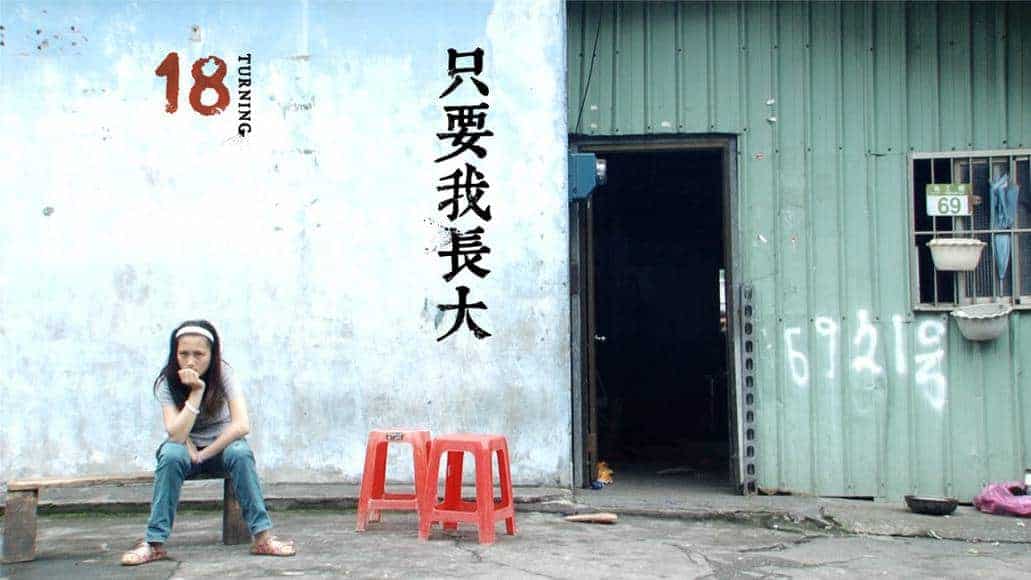The much awaited last season of one of the most successful series of the decade signaled a number of changes. MAPPA Studio took over the production, which was chief directed by Jun Shishido, and directed by Yuichiro Hayashi, replacing Tetsuro Araki and Masashi Koizuka respectively. Scriptwriter Hiroshi Seko took over the series composition from Yasuko Kobayashi, and Tomohiro Kishi replaced Kyoji Asano as character designer. Furthermore, the beginning of the series takes place four years after the events of the third, and the focus, this time, is on the situation on Marley, following Gabi Braun and Falco Grice, young Eldian Warrior candidates seeking to inherit Reiner's Armored Titan after the failed mission to claim the Founding Titan. As Marley's dominance over competing nations begins to weaken due to the development of anti-titan weaponry, they plan to invade Paradis to develop their military using the resources on the island and also recover the Founding Titan.

With tensions rapidly heating up and the Survey Corps on the Marley shoreline, Gabi, Falco, Reiner, and other Titans go to war with the Paradis soldiers as Eren Jaeger reveals his new plan of attack on the Marleyan invaders: annihilation. As war heats up and both sides take a heavy death toll, both the Marleyan Warriors and the Survey Corps must question the best approach to claiming victory over the other side. Eren's comrades begin to realize that he has begun to walk down a questionable path, while Gabi and Falco must combat their internal tensions over the supposed “devils” of Paradis. Furthermore, the back story of Reiner, Bertholdt and Annie is revealed, along with the rather complex part Zeke plays in the events that have occurred up to that point, with the storyline actually extending to the childhood of these characters and how their parents' actions shaped them.
The first part of the season, which begins in somewhat confusing fashion regarding its timeline, particularly due to the WW1 references, ends up with a revelation about Eren's current plans, and a rather impressive showdown between the Survey Corps and the Marleyans. This part is the one with the most action in a generally not fighting-heavy season, since this time, the focus is on politics and the interconnecting histories of both the characters and the various nations that fight with each other. As a story mostly revolving around racism and refugees is presented, a number of dramatic backgrounds are revealed, adding depth to the already multi-leveled narrative.
The second part, after the rather dramatic ending of the aforementioned attack, introduces a number of new faces that play an important role in the decisions their states make, while the inner treacheries, the hidden agendas, and the constant clashes shape a rather intriguing sociopolitical drama. Particularly Yelena and Kiyomi Azumabito confuse things even more, while Eren's radically changed personality brings him into an intense clash with Mikasa and Armin. Lastly, a new faction is introduced, the Jaegerists, who feel that only Eren is able to save the nation and exact revenge from the Marleyans, while the army leadership soon find themselves on the verge of having their powers stripped. Lastly, a rather rare wine plays a very significant role.
To start with the most obvious differences from the previous seasons, Tomohiro Kishi has brought some changes in the characters, whose drawing lines are more intense now, with the fact that they are older being presented quite convincingly. At the same time, however, a number of individuals look too much alike, a concept that was also evident in the previous season, with Yelena and Armin for example, looking quite similar. Considering the action is not that intense in this section, the animation in general is less impressive, although the fighting sequence is truly outstanding, as usual. Furthermore, the coloring is more vivid, but on a darker palette that mirrors the changes a number of characters undergo, particularly Eren who is a completely different man by now.
The analysis of the characters is once more, one of the best parts of the narrative, with the reasoning behind those who were considered as villains before adding even more depth to the story, as the series seem to move towards a distinctly anti-war, anti-racism path. At the same time however, the political intricacy has become a bit too complex and far-fetched, as each new character seems to add another element of treachery and new plot twists, whose number is obviously extravagant. At the same time, the way some of the characters continue to survive despite getting almost killed a number of times becomes annoying, particularly when compared with how easily some peripheral characters die.
In general, Shishido's direction did not manage to communicate so eloquently the increasingly complex narrative, although the fault lies at least as much on the original material. The one thing he does pretty well, however, is bring all the storylines together in the end of the season, which has is obviously set for a showdown that will be remembered for all time. Hopefully.



